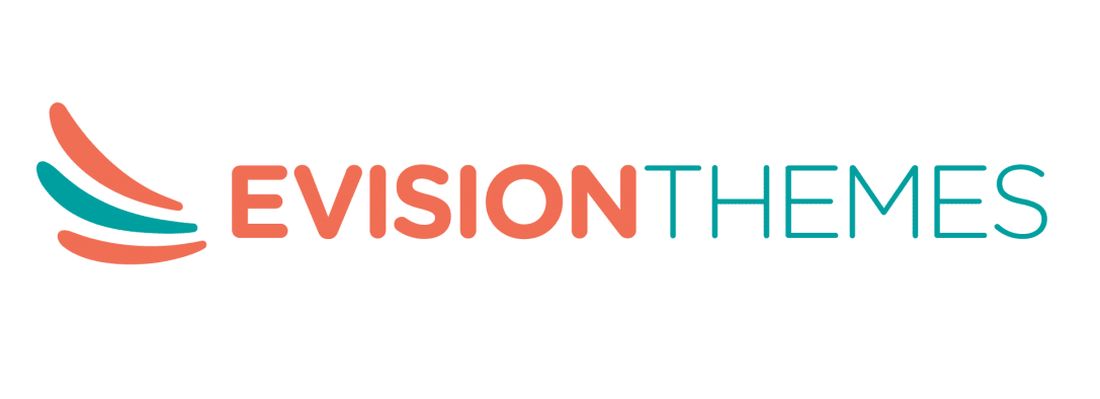Hiring the right software developers is essential for the success of any tech-driven business or project. These individuals possess the expertise to transform ideas into functional software products that meet user needs and business objectives. The quality of your development team can significantly impact the efficiency, performance, and competitiveness of your software applications.
Identifying Your Hiring Needs
- Assess project requirements: Understand project scope, goals, and timeline. Determine the software development type and if it’s a new or existing project.
- Determine skills and expertise: Identify specific programming languages, frameworks, and tools needed. Consider specialized skills and domain knowledge relevant to the project.
- Define role and responsibilities: Clearly outline main responsibilities and expectations. Consider experience level, reporting structure, autonomy, and cultural fit.
Thoroughly assessing project requirements, determining skills and expertise, and defining roles and responsibilities helps find qualified software developers who contribute effectively to project success.
Creating a Targeted Job Description

- Craft an engaging job title: To hire software developers, use specific terms to accurately represent the role and attract candidates with the right expertise.
- Highlight key qualifications and experience: Clearly outline required programming languages, frameworks, tools, certifications, degrees, and relevant experience.
- Provide company overview: Describe your mission, values, notable achievements, and company culture to attract candidates aligned with your organization.
- Include unique perks or benefits: Mention flexible hours, remote work options, professional development, and other benefits to make the job more appealing.
By crafting an engaging job title, highlighting qualifications, providing a company overview, and including unique perks, you can create a targeted job description that attracts qualified candidates who are a good fit.
Effective Sourcing Strategies
- Utilize online job boards and platforms: Post on popular job boards, optimize postings, and explore niche platforms for targeted reach.
- Leverage professional social media networks: Share openings on LinkedIn, use advanced search features, and engage with relevant groups.
- Network within the tech industry: Attend events, host your own, and encourage team participation in forums and communities.
- Partner with agencies or freelancers: Seek assistance from recruitment agencies or freelancers specializing in software development.
By utilizing online platforms, leveraging social media, networking within the industry, and partnering with experts, you can efficiently source software developers for your needs.
Screening and Evaluating Candidates

- Review resumes and cover letters: Assess relevant experience, skills, and qualifications. Pay attention to details and communication skills.
- Conduct initial phone or video interviews: Evaluate technical knowledge, problem-solving skills, and fit. Clarify information and gauge enthusiasm.
- Administer technical assessments or coding tests: Assess technical proficiency and problem-solving abilities. Tailor assessments to role requirements.
- Assess soft skills and cultural fit: Observe communication, teamwork, and adaptability. Ask behavioral questions and evaluate alignment with company values.
Interviewing and Selection Process
- Structure the interview process: Define stages, involve appropriate stakeholders, and communicate the timeline.
- Ask relevant technical and behavioral questions: Tailor questions to role requirements. Assess problem-solving, experience, and teamwork.
- Involve key team members: Seek input on technical skills, collaboration, and cultural fit. Consider panel interviews or specific stages.
- Conduct reference checks and background screenings: Validate qualifications and assess integrity. Contact previous employers and perform necessary screenings.
Thoroughly evaluate candidates through resume review, interviews, assessments, soft skill assessment, structured process, relevant questions, involving team members, and reference checks to make informed decisions for hiring software developers.
Negotiating and Extending an Offer

When extending an offer to a software developer, it’s essential to evaluate salary ranges and industry standards. Research the market rates for similar positions to ensure your offer is competitive and aligns with industry standards. Consider factors such as the candidate’s experience, skills, and the location of your company. This research will help you make a fair and attractive salary offer.
1. Considering additional benefits and perks
In addition to salary, consider offering additional benefits and perks to make your offer more enticing. These could include health insurance, retirement plans, flexible working hours, remote work options, professional development opportunities, or a supportive work-life balance. Assess the needs and preferences of the candidate and emphasize the unique benefits your company provides.
2. Communicating the offer and negotiating terms if necessary
Communicating the offer to the candidate clearly and professionally. Provide a written offer letter that outlines the compensation package, including salary, benefits, and any specific terms or conditions. Be open to negotiating terms if necessary. Listen to the candidate’s expectations and consider their input. Collaborate to find a mutually beneficial agreement that satisfies both parties.
3. Providing a seamless onboarding experience
Once the offer is accepted, focus on providing a seamless onboarding experience for the new software developer. Prepare an onboarding plan that includes necessary paperwork, introductions to the team and key stakeholders, and access to relevant tools and resources. Ensure that the new hire feels welcomed and supported from day one, setting the stage for a positive working relationship.
Retaining and Engaging Software Developers

To retain and engage software developers, and provide opportunities for professional growth and development. Offer training programs, workshops, conferences, and certifications to enhance their skills and knowledge. Create a culture of continuous learning and provide resources for staying up-to-date with the latest technologies and trends in the industry.
1. Providing a positive work environment and culture
Cultivate a positive work environment and culture that values collaboration, innovation, and work-life balance. Foster open communication, encourage teamwork, and provide a supportive atmosphere where developers can thrive. Establish clear expectations, promote a healthy work-life balance, and address any issues or concerns promptly.
2. Recognizing and rewarding achievements
Recognize and reward the achievements and contributions of software developers. Implement a system for acknowledging their accomplishments, such as employee recognition programs, bonuses, or promotions. Regularly provide constructive feedback and celebrate milestones and successes to motivate and inspire them to excel in their roles.
3. Encouraging open communication and feedback
Create an environment where open communication and feedback are encouraged. Provide channels for developers to share their ideas, concerns, and suggestions. Conduct regular one-on-one meetings to discuss their progress, goals, and any challenges they may be facing. Actively listen to their feedback, address their concerns, and involve them in decision-making processes when appropriate.
Conclusion
In conclusion, hiring software developers requires a systematic approach to identifying the right candidates, assessing their skills and qualifications, and making informed decisions. By understanding project requirements, creating targeted job descriptions, and utilizing effective sourcing strategies, you can attract qualified candidates. Thoroughly screening and evaluating candidates through resume review, interviews, assessments, and reference checks helps ensure a comprehensive evaluation.

